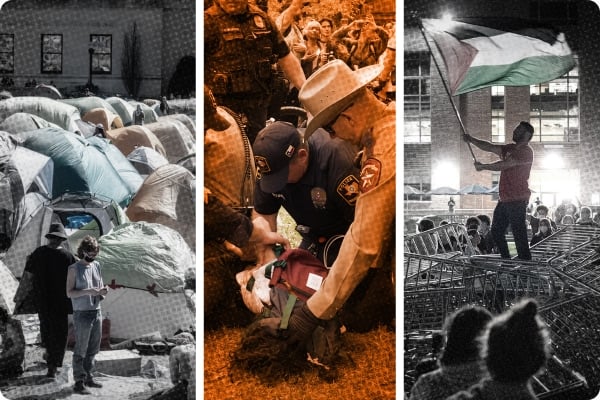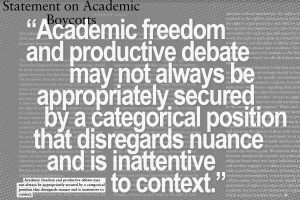As the fall semester begins, colleges and universities across the country are bracing themselves for potential protests and demonstrations on campus. With a contentious political climate and increased activism among students, many institutions are adopting a range of approaches to prepare for and respond to potential unrest.
Some schools have taken a proactive approach, actively engaging with student groups and organizations to address their concerns and provide a platform for peaceful expression. Campus administrators have organized town hall meetings, open forums, and dialogues to facilitate constructive conversations and allow students to voice their opinions in a safe and respectful environment.
On the other hand, some institutions have implemented stricter policies and regulations in anticipation of potential protests. Security measures have been heightened, and certain areas of campus have been designated as restricted zones to prevent disruptions to academic activities and ensure the safety of students, faculty, and staff.
Additionally, some colleges have partnered with local law enforcement agencies to coordinate responses to potential protests and ensure that any demonstrations remain peaceful and do not escalate into violence. Campus police have received specialized training in crowd control and de-escalation techniques to effectively handle any disruptive situations that may arise.
However, not all colleges are taking a defensive approach to potential protests. Some institutions are actively supporting student activism and encouraging students to exercise their rights to free speech and peaceful assembly. Campus administrators have expressed their commitment to fostering a campus culture that values social justice, diversity, and inclusivity, and have affirmed their support for students’ efforts to advocate for positive change.
Overall, colleges and universities are facing a delicate balancing act as they navigate the complex and often challenging landscape of student activism and protest. While it is important to uphold the principles of free speech and allow students to express their opinions and engage in peaceful demonstrations, it is also crucial to maintain order and ensure that academic activities are not disrupted.
As the fall semester unfolds, it will be interesting to see how colleges and universities handle potential protests on campus and how they work to create a campus climate that promotes dialogue, understanding, and respect among all members of the academic community. By adopting a range of approaches and strategies, institutions can effectively navigate the challenges of student activism and protest while upholding their commitment to academic excellence and the well-being of their students.


